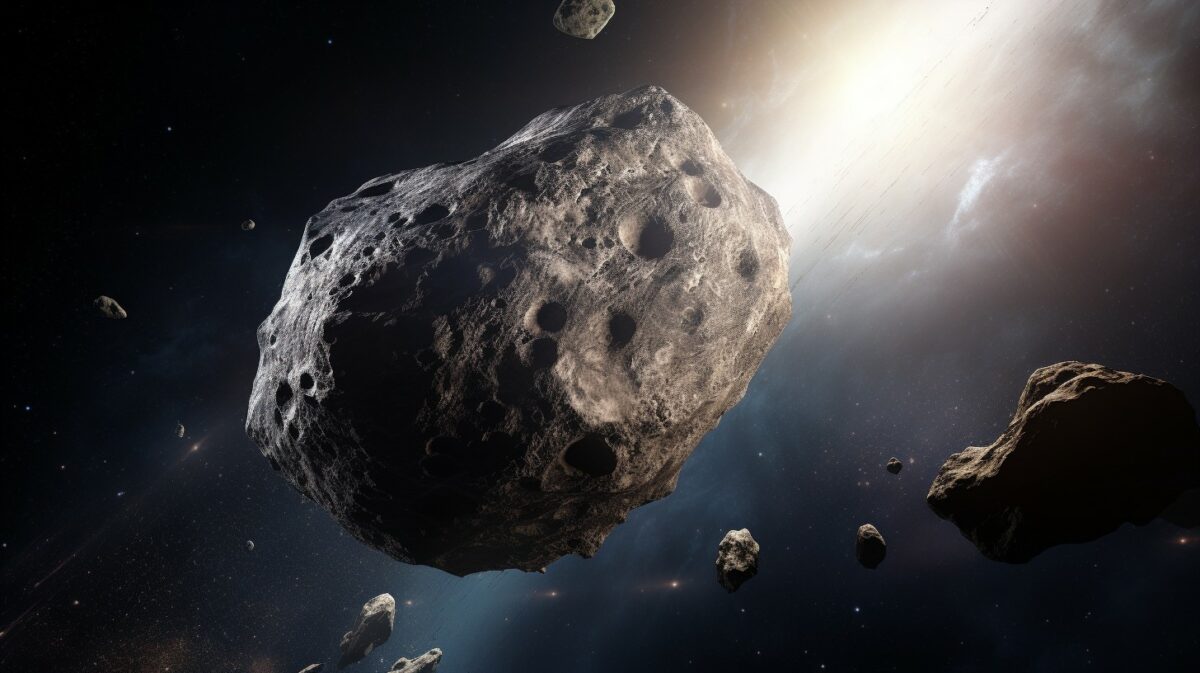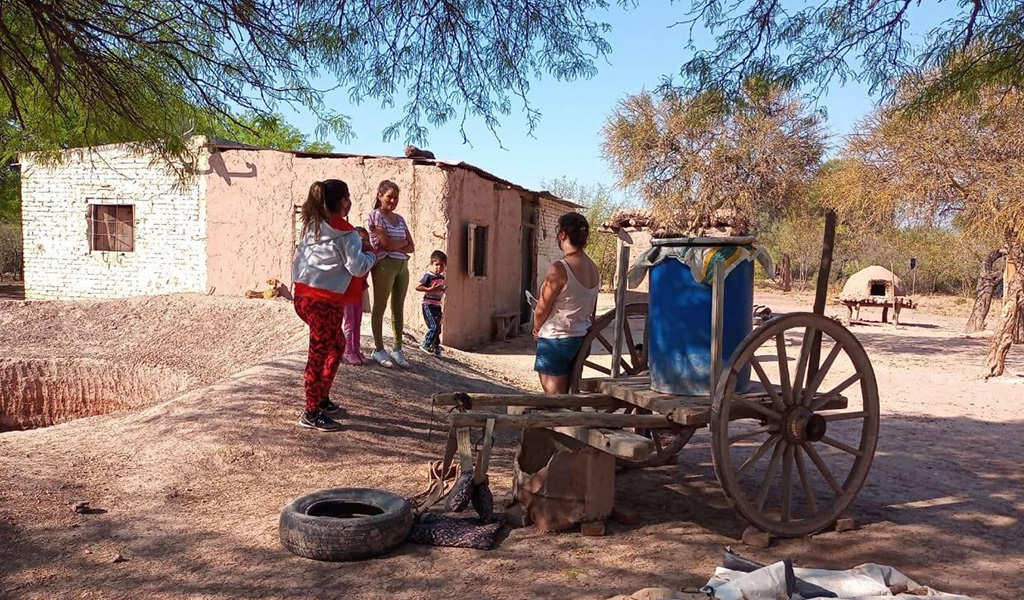On Tuesday, scientists at the National Aeronautics and Space Administration (NASA) in Houston, Texas, United States of America, predicted that Bennu, a carbonaceous asteroid first discovered in 1999, will likely smash into earth on September 1, 2182.
While the asteroid is not large enough to destroy the earth, it has been estimated to be capable of destroying about 70 percent of Nigeria’s land mass — just about the size of Texas.
According to New York Post, the chances of the asteroid impacting earth at the stated period is 0.037 percent. This is greater than the chances of a person dying in a tornado.
Dante Lauretta, a planetary scientist at the Arizona State University, described Bennu as the “most potentially hazardous asteroid in the solar system”, according to the Washington post.
The impact of the asteroid, which is about a third of a mile wide, could ravage a massive area of earth’s surface and unleash the energy of roughly 22 atomic bombs.
The Bennu is a Near Earth Object (NEO) that orbits the planet once in about every six years. Scientists have also revealed that the asteroid could pass through a gravity keyhole forcing its orbit course to change and then setting it on a collision course with the earth.
Since Bennu’s discovery in September 1999, scientists have recalled two other close encounters with the asteroid in 2005 and 2011.
Meanwhile, NASA is set to collect one kilogram space dust samples from the asteroid at the Lake Desert in Utah, USA, on Sunday, according to a report by the BBC.
The asteroid has been travelling in a direction that could make these predictions happen for three years at about 28,000 miles per hour.
FIJ gathered that the mission to study asteroid Bennu and prevent its collision into earth was launched in 2016 by NASA. The mission tagged Origins, Spectral Interpretation, Resource Identification, Security, Regolith Explorer (OSIRIS-Rex) is to be concluded with the collection of the space samples on Sunday.
Subscribe
Be the first to receive special investigative reports and features in your inbox.















